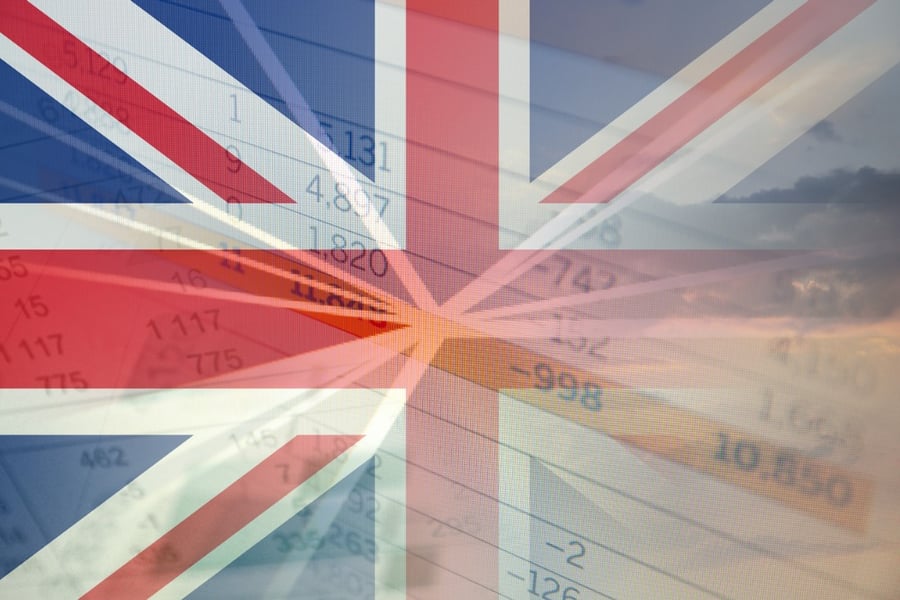"The outlook for the economy is dire"

Government estimates published on Friday showed that the UK gross domestic product (GDP) fell by 0.1% in the second quarter of this year, and some industry experts feel that the government is not doing anything to steer the economy in the right direction.
The quarterly decrease in GDP comes after a 0.8% increase in the first quarter of the year. Despite this, the current level of quarterly GDP is 0.6% above the pre-coronavirus level (Q4 2019), and 2.9% higher than Q2 2021.
Still, the Bank of England has predicted that the UK is heading for more than a year of recession amid a cost-of-living crisis, with its governor, Andrew Bailey, blaming Russia’s invasion of Ukraine and the subsequent rise in energy costs for the crisis.
Read more: Bank of England’s interest rate rise sends shockwaves.
“The outlook for the economy is dire,” Lewis Shaw, founder of Mansfield-based Shaw Financial Services, said. “It feels like the country and economy have been thrown to the wall; all the government is bothered about is this leadership race, with nobody handling the scale of the problems developing.
“We’re accelerating towards the cliff edge, the steering wheel has come off and the brakes have been cut. If we hit a five-quarter recession and unemployment rises, it will have a disastrous ripple effect throughout the UK. The economy will crash and burn in the ravine.”
Shaw stressed that direct economic intervention is now needed as it is “the only way out of this crisis.”
Ed Rimmer, chief executive at Bath-based SME finance provider Time Finance, said that one in 10 businesses now say they are struggling to keep up with their current financial responsibilities.
“Over the past six months, there has been a significant shift in business optimism,” Rimmer noted. “At the end of last year, the firms we spoke with were optimistic about the future, with a third planning to invest in and expand their workforce. Fast forward six months and it’s a very different outlook.”
Read more: Property markets UK – how are they dealing with uncertainty?
Like Shaw, Rimmer believes that unless something is done quickly, many businesses won’t survive.
“Employers are under a lot of pressure right now,” he said. “Many simply aren’t able to raise their prices to keep up with the rising cost-of-living and, as a result, we’re locked in a vicious cycle. Drastic action is required.”
“I hope businesses are better prepared for a possibly very long recession than last time around during the Global Financial Crisis,” Mark Richardson, partner at Derby-based chartered surveyors BB&J Commercial, added. “That was a steep learning curve for many, and I hope the lessons haven’t been forgotten.
“The government isn’t doing a great deal at the moment to intervene, but a lot of the factors contributing to our current economic woes are outside of their control.”
Monthly estimates indicate that GDP fell by 0.6% in June, following a downwardly revised 0.4% increase in May. The Queen’s Platinum Jubilee and the move of the May bank holiday led to an additional working day in May 2022 and two fewer working days in June 2022. The Office for National Statistics (ONS), however, noted that while this impacted on monthly GDP, there was little impact on the quarterly estimates.
In output terms, services fell by 0.4% in Q2 with the largest negative contribution from human health and social work activities, reflecting a reduction in COVID-19 activities. There were positive contributions from consumer-facing services, such as other service activities. Travel agencies and tour operators did particularly well, as COVID-19 restrictions eased on the tourism industry. Accommodation and food service activities, arts, entertainment, and recreation activities also made positive contributions.



